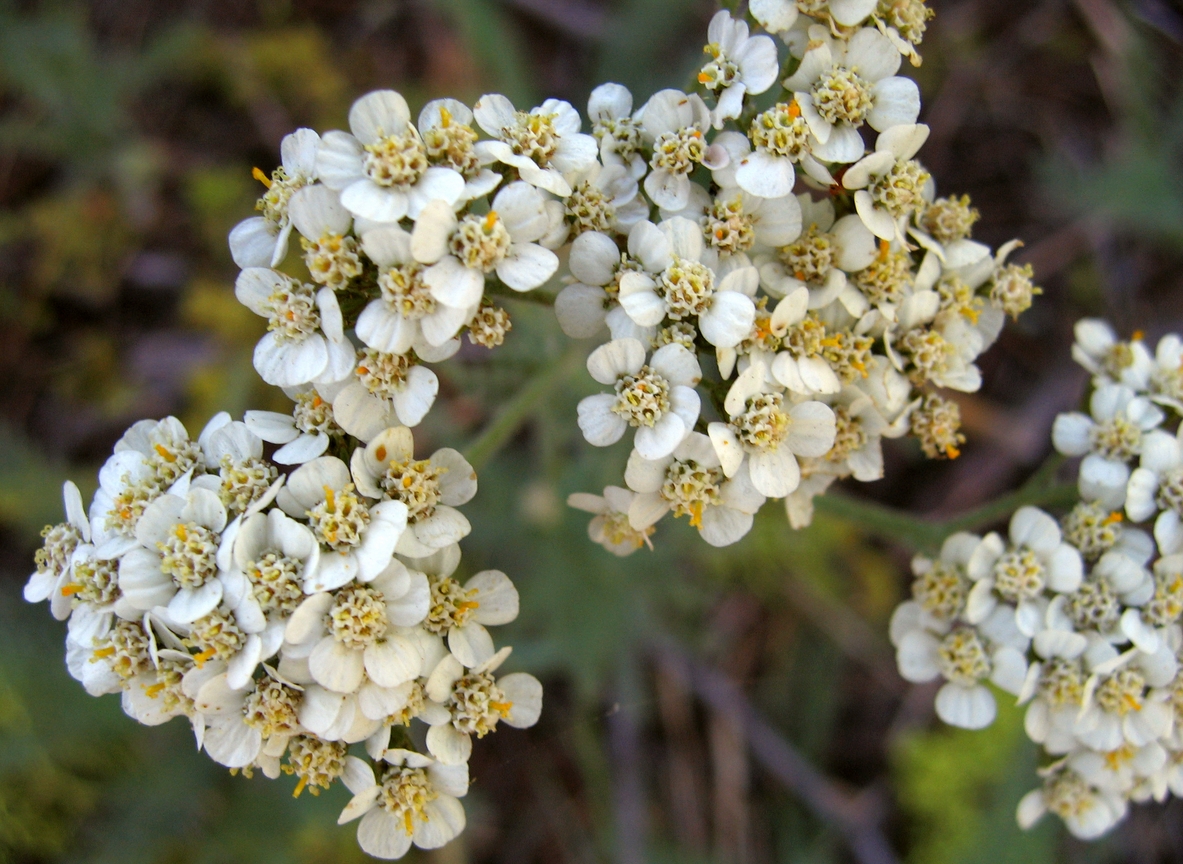
Advertisement
You never know what life is going to throw at you. One moment you may be trekking through the mountains, while seconds later you could be fighting for your life as the wilderness takes over. Whether you are lost in the wild or bugging out, knowing your plants might show a crucial skill in times of survival.
If you are familiar with survival shows like “Man vs. Wild,” you may think it’s easy to rely on the land and survive in the wilderness. However, things are not always as they seem. When you see Bear Grylls searching for food and water, seemingly with ease, know that he is highly trained in martial arts and served as a soldier in the British Special Forces, serving with 21 SAS. He also has a small crew and helicopter at his disposal.
When you are placed in a similar situation, having to survive in the wild, you will have to rely on yourself and things might not turn out so easy. Try to be on the look out for these 15 plants that may save your life one day. (RELATED: Find more survival tips and trick at Survival.news.)
Plant Medicine that can save your life
1. Aloe vera
The sticky gel inside its thick succulent leaves has strong antibacterial properties to treat insect bites, cuts, and burns. Aloe can also prevent deadly infections from building up in wounds.
2. Bee balm
Bee balm’s reddish purple flowers can be steeped in some hot water to create a fever-reducing tea with antibacterial properties.
3. Blackberries
Blackberries are not only a delicious and nutritious food source, but they can also help stop diarrhea, which can become deadly if not treated. If blackberries are not in season, you can dig up the roots and chew on them to find relief.

4. Boneset
A tea brew from boneset’s leaves can treat the most severe episodes of fever, such as those caused by dengue fever. Gray Line Alaska, however, warns that you should be cautious when using this plant for medicinal purposes. Too much of it can be lethal.
5. Butterfly weed
When you are hungry and in survival mode, you may have nibbled on a berry or root you should not have eaten. If that is the case, the milky sap from butterfly weed can help you throw up and empty your stomach of any harmful substances.
6. Catnip
Catnip is another great plant that can reduce fever and clear your head, helping you to find a way out of your pesky situation.
7. Plantain
Plantain is a common weed that can draw out venom from insect bites. Just chew on a few leaves, then spit them out and hold them on the affected area for a few minutes.
8. Sage
When you are trying to survive, diarrhea is the last thing you need. Just as blackberries, a tea brewed with sage leaves may solve your tummy issue.
9. Yarrow
If a tourniquet is not an option, chew on some yarrow leaves and place them on the wound to help stop major bleeding.
Survival food sources
10. Acorns
Acorns are an excellent source of fat and protein. The Native Americans used to soak them for days in the running water of a river to get rid of the tannic acid. However, if time is of the essence, you can peel and boil them in some water, making sure to replace the water when it turns brown.
11. Clover
While clover blossoms are delicious and protein-rich in their raw state, you might want to cook the leaves to improve their taste.
12. Dandelion
The entire plant is edible and used in many kidney and liver cleansing remedies. Given its bitter taste, Gray Line Alaska recommends starting with the leaves as they taste best. It can also be brewed into a tea.
13. Pine
Tea made of boiled pine needles makes an excellent vitamin C-rich survival drink. Furthermore, the nuts of many pines are edible, and its inner bark is delicious when cooked.
14. Prickly pear cactus
The peeled fruit of the prickly pear cactus is a delicious and edible survival treat.
15. Purslane
If you are looking for an energy-rich, plant-based source of omega-3, then the stems, flowers, and leaves of the purslane weed are what you need.
Sources:
Submit a correction >>
This article may contain statements that reflect the opinion of the author
Advertisement
Advertisements















